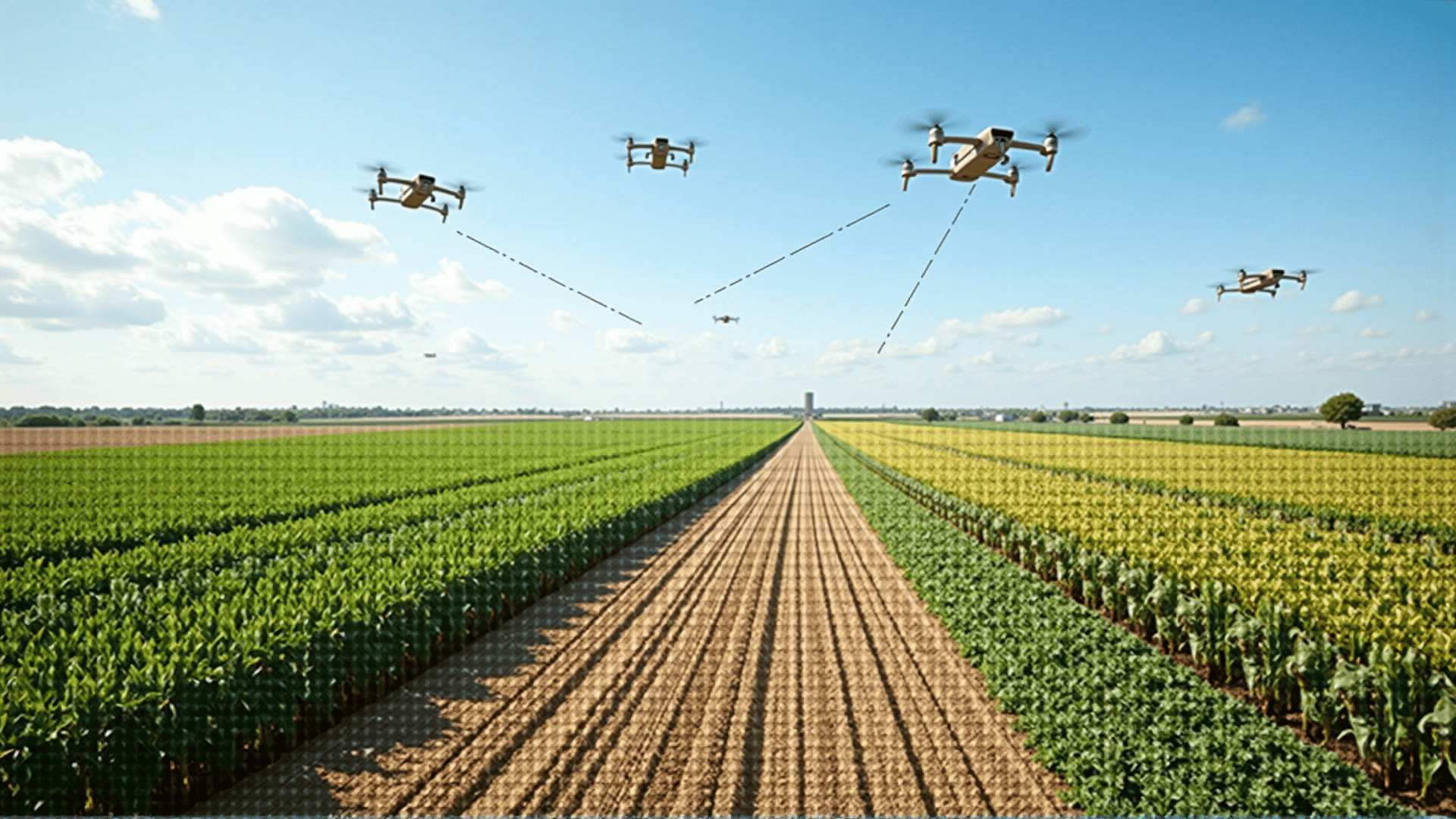Precision agriculture has rapidly emerged as a revolutionary approach to modern farming, combining cutting-edge technologies with traditional agricultural practices to enhance crop management and farm efficiency. By leveraging advancements in digital technology, precision agriculture allows farmers to optimize their resource use, minimize waste, and increase productivity in a sustainable manner.
At the heart of precision agriculture lies the use of data and technology to make informed decisions about crop management. This involves the integration of global positioning systems (GPS), remote sensing, and data analytics to collect and analyze information about the fields. Farmers can obtain real-time data on soil conditions, crop health, weather patterns, and more, which provides them with a detailed overview of their agricultural landscape.
One of the critical technologies in precision agriculture is GPS-guided machinery. These machines enable farmers to plant seeds, apply fertilizers, and spray pesticides with pinpoint accuracy. This precise application reduces the wastage of resources and ensures that each plant receives the optimal amount of nutrients and protection. As a result, farmers can achieve higher yields while using fewer inputs, which is both economically beneficial and environmentally friendly.
Remote sensing technology, including drones and satellites, has also become an indispensable tool in precision agriculture. These devices can capture high-resolution images and detect issues that might not be visible to the naked eye, such as pest infestations or nutrient deficiencies. By analyzing this data, farmers can address problems more quickly and effectively, preventing losses and improving crop performance.
Data analytics plays a crucial role in precision agriculture by turning vast amounts of information into actionable insights. Advanced software platforms can process data from various sources, allowing farmers to predict trends, assess risks, and implement targeted interventions. These insights enable farmers to make better-informed decisions, ultimately leading to increased efficiency and sustainability.
Furthermore, precision agriculture contributes significantly to environmental conservation. By using resources more efficiently, farmers can reduce their ecological footprint, minimize soil degradation, and preserve water quality. Precision farming techniques also promote biodiversity by tailoring practices to the specific needs of different fields, encouraging natural habitats for beneficial insects and wildlife.
In conclusion, precision agriculture technologies are transforming the way we manage and cultivate crops. By adopting these advanced tools, farmers can enhance their productivity, reduce waste, and contribute to sustainable agriculture. As the global population continues to grow and climate change challenges traditional farming methods, precision agriculture offers a promising path forward, ensuring food security and environmental stewardship for future generations.
